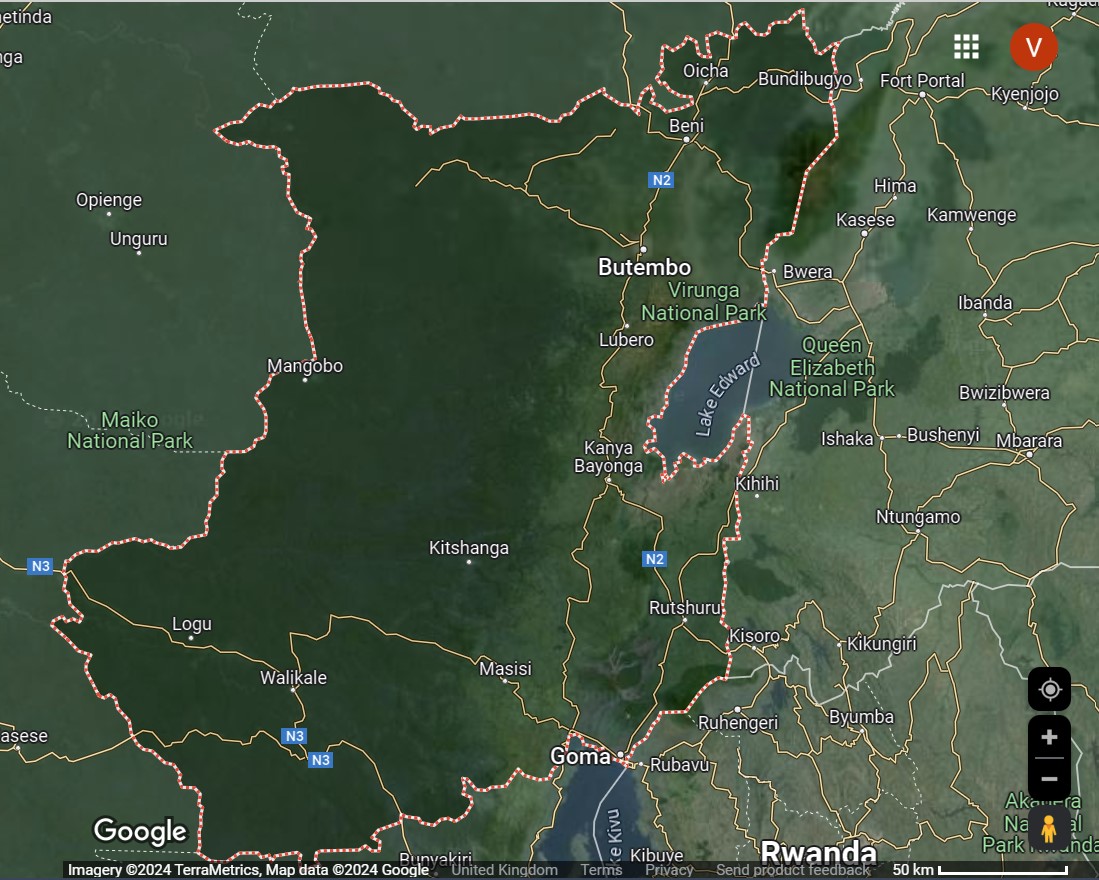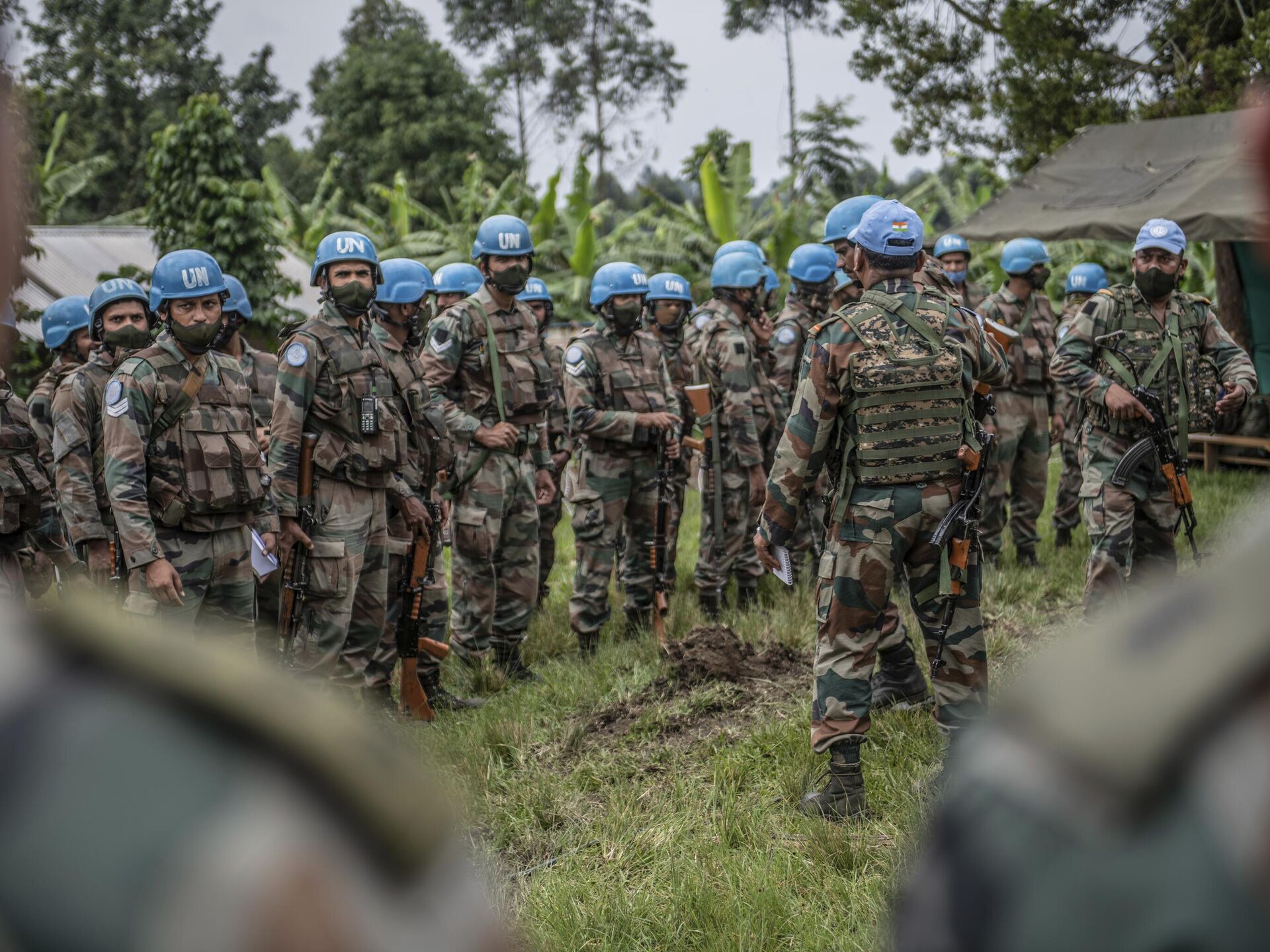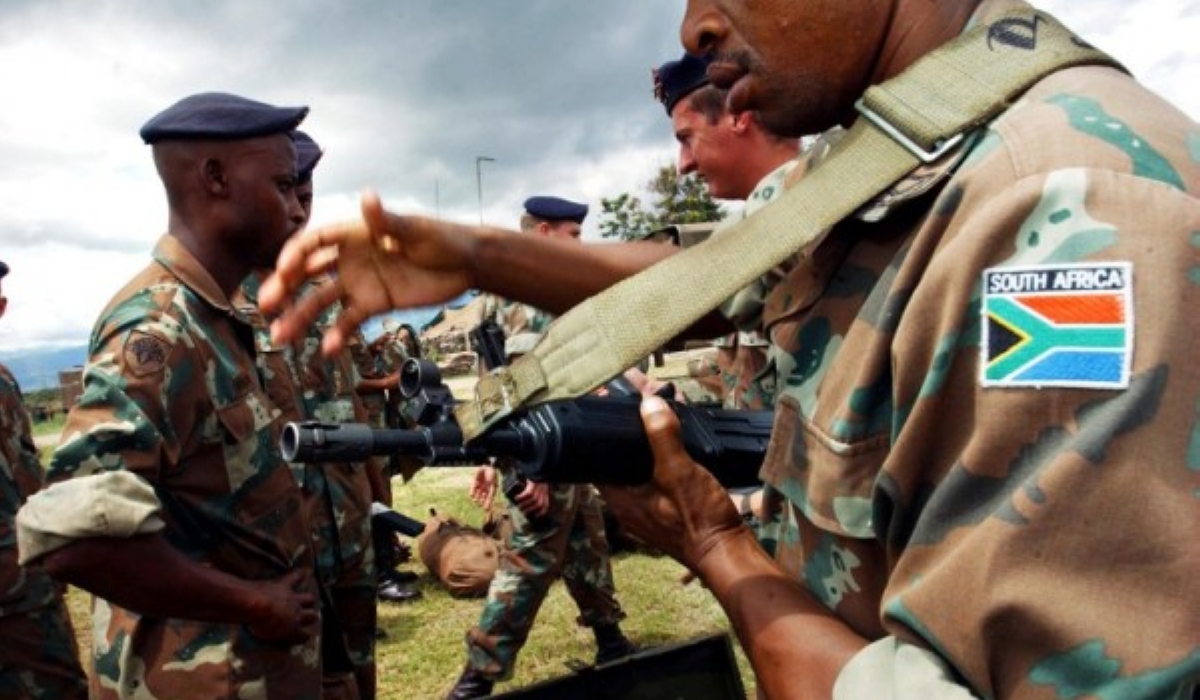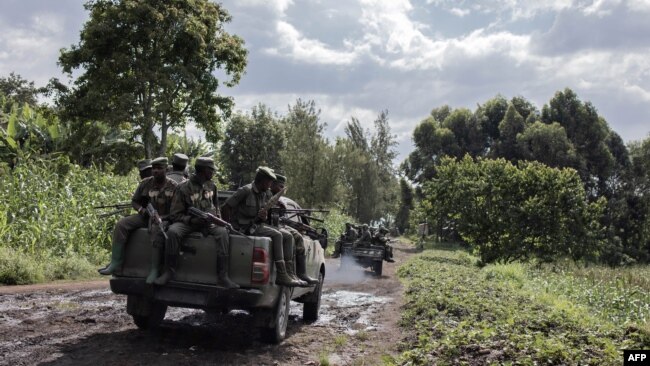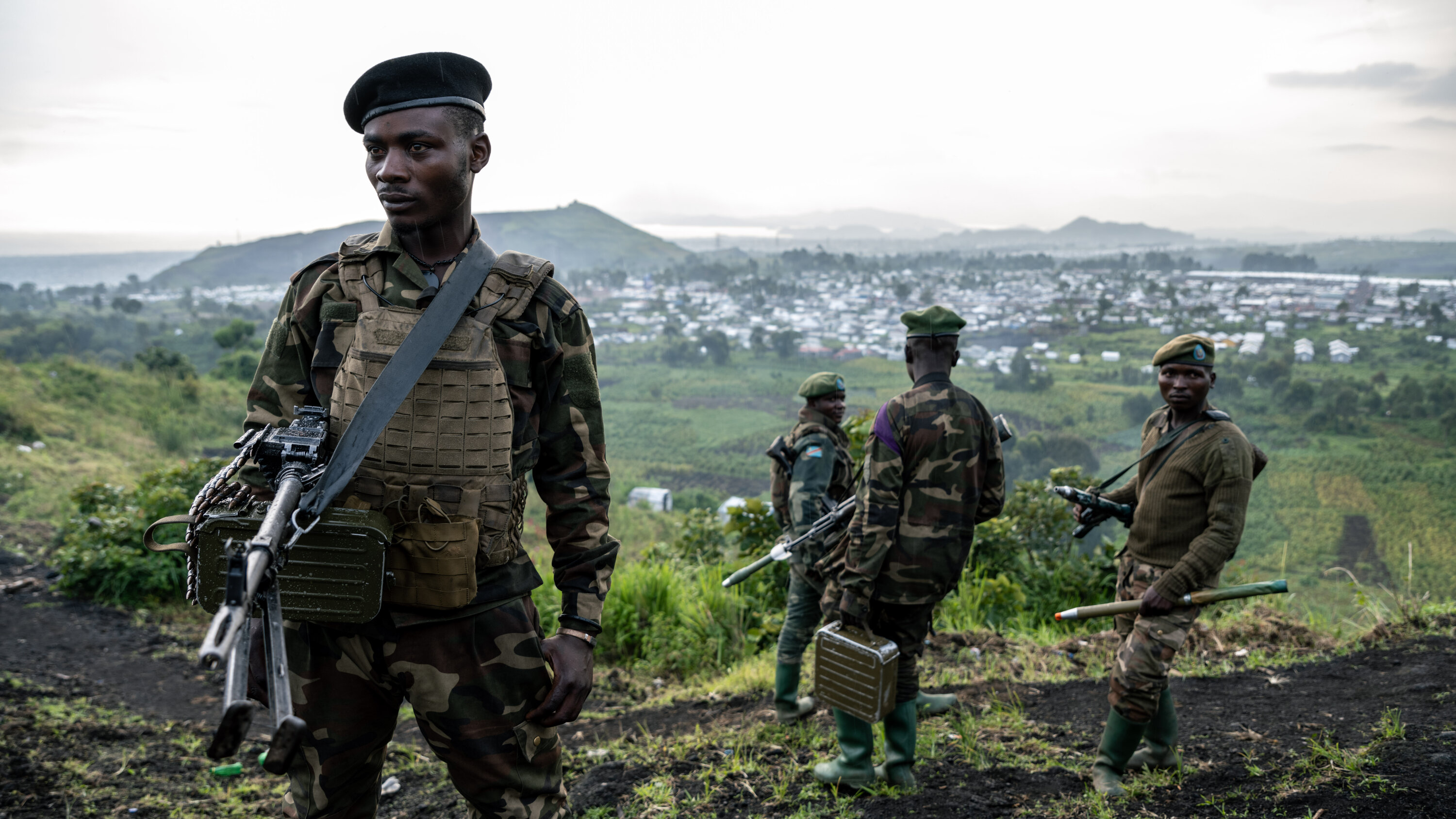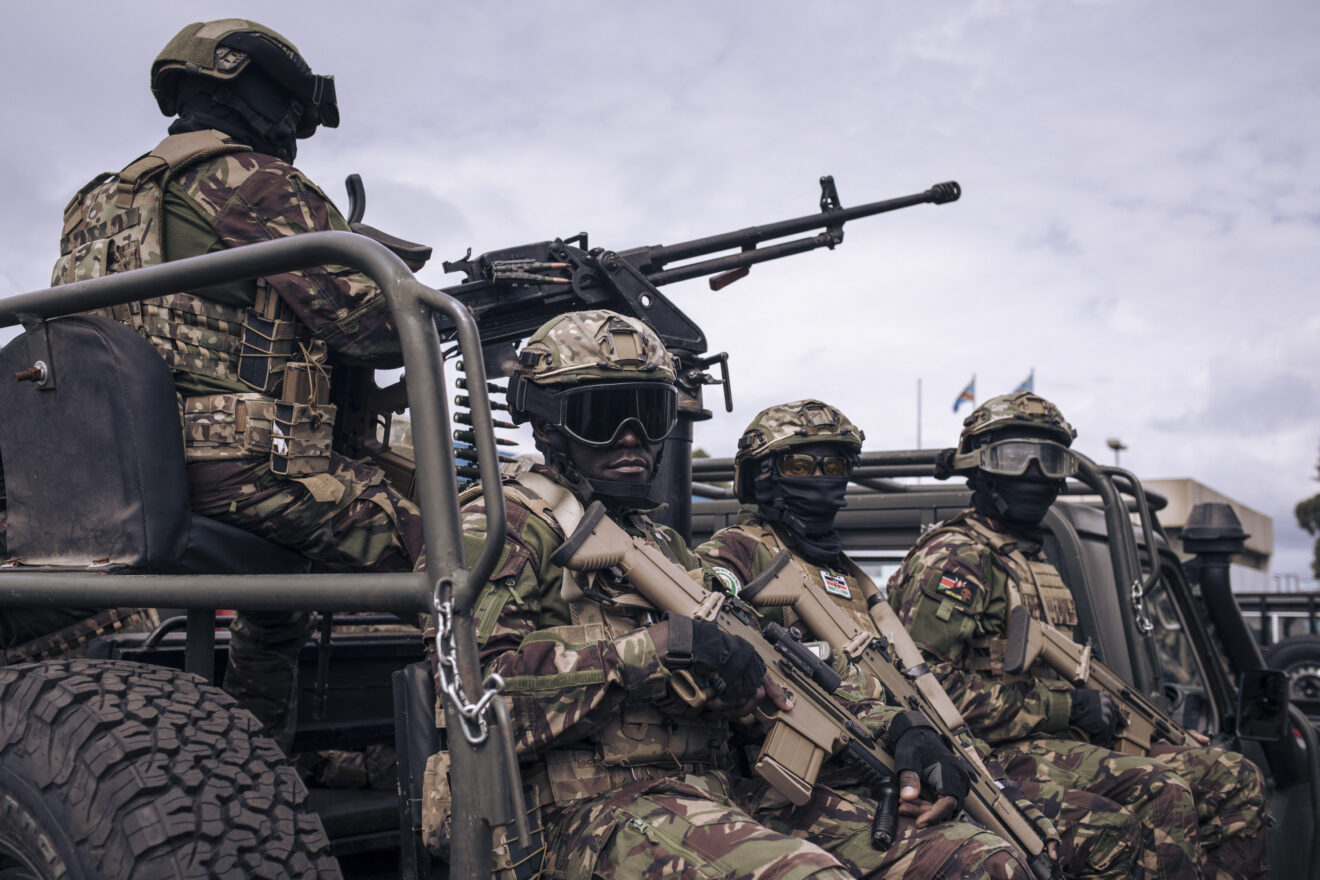Regional
Five things the UN should have done to solve DRC crisis
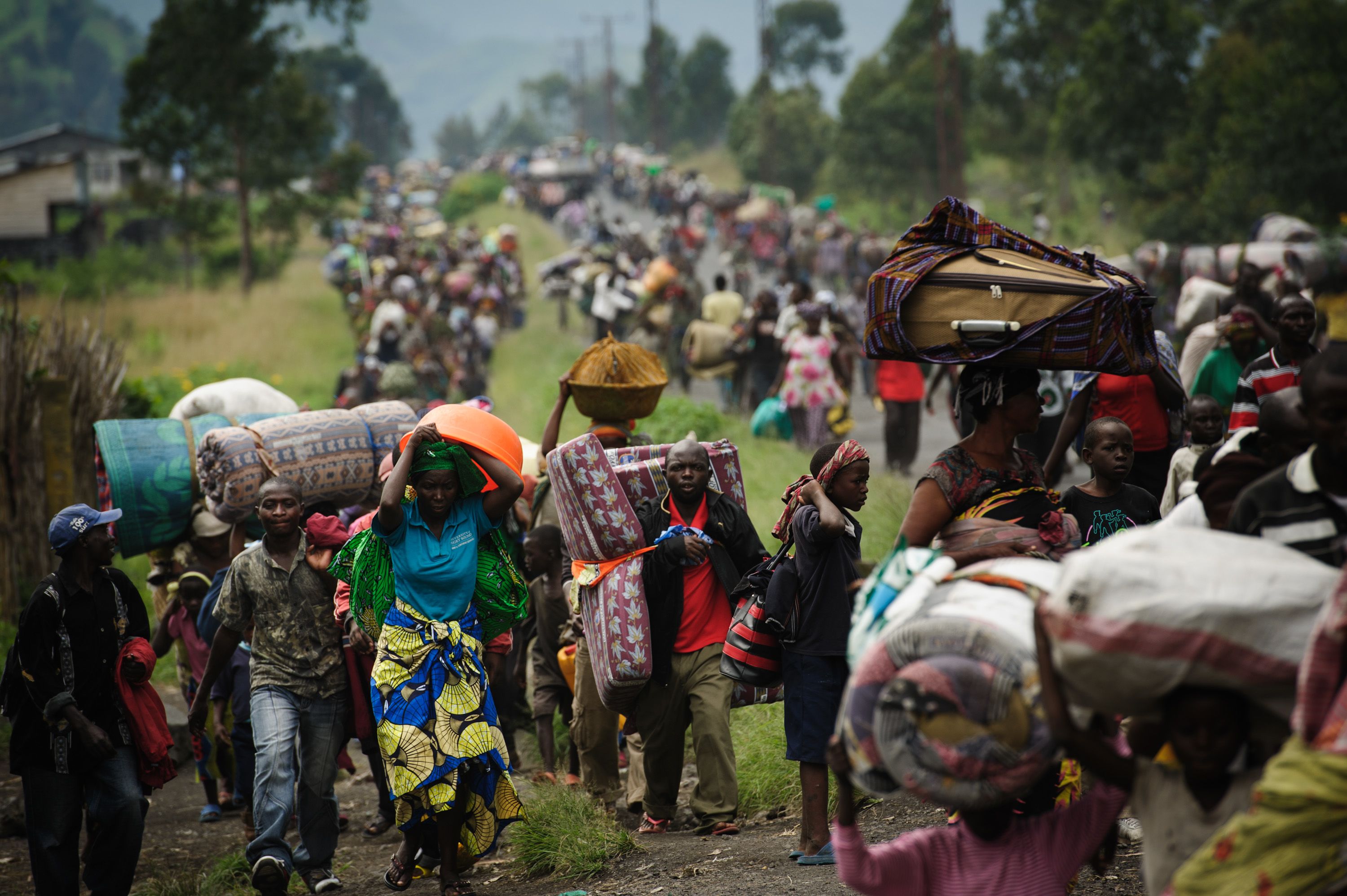
Congolese people fleeing battles between Congolese army coalition and M23 rebels.
In November 2023, the UN peacekeeping mission in the
Democratic Republic of Congo, MONUSCO, agreed on an accelerated withdraw. For
more than two decades, MONUSCO has been deployed to eastern DRC to help bring
peace and stability. However, they brought no positive change.
In their presence, local and foreign-armed groups have
increased from five to more than 260; hundreds of Congolese Tutsi have been
killed while thousands more left the country and are living as refugees in
neighboring countries.
Fight
the root cause of conflict
For three decades, the FDLR, a US sanctioned terrorist
group formed by remnants of the perpetrators of the 1994 genocide against the
Tutsi in Rwanda found a safe haven in eastern DRC.
The genocidal militia took advantage of Kinshasa’s support
to spread genocide ideology in the country and region. Since then, the
Congolese Tutsi have been persecuted.
The UN could have advised DRC to expel all FDLR members.
Instead, they went to great lengths to portray this group, as a self-defense
militia, giving credence to their claims of fighting alongside Congolese army
and local armed groups to defend their positions and dependents.
Condemn
hate speech
In 2022, during the International Day for Countering Hate
Speech, UN Secretary-General Antonio Guterres stated that hate speech incites
violence, undermines diversity and social cohesion, and threatens shared values
and principles. He emphasized that it promotes racism, xenophobia, and
misogyny, dehumanizes individuals and communities, and seriously affects
efforts to promote peace, security, human rights, and sustainable development.
If so, why apply a military solution against victims of
hate speech?
The UN mission’s troops have been actively participating in
large scale and indiscriminate massacres of Congolese Tutsi. This showed that
the blue helmets would rather be in bed with Kinshasa in inciting hate and
perpetuating more violence, than try to effectively find a solution to the
crisis in eastern DRC.
Protect
targeted civilians
As UN claimed that MONUSCO’s mandate was to protect
civilians, their prime responsibility should have been to advise the Congolese
government to bring to account those inciting violence or committing violence.
This process and discussion would take time and so existing
mechanisms must have been used to prevent DRC tipping into ethnic cleansing of
its Kinyarwanda-speaking citizens, which would have put a stop to a climate of
impunity, and further perpetration.
Unfortunately, the UN constantly failed to respond and
deter massacres and investigate calls made by distressed communities. All they
do is issue statements without action.
Find
sustainable solutions to Congolese refugees
For almost three decades, the UN has showed no interest in
resolving the DRC crisis, which resulted into the displacement of millions of
Congolese and the death of thousands others. Over 100,000 are hosted in Rwanda.
Some have spent more than 20 years in Rwandan refugee camps.
By February 2023, the UN Refugee Agency reported more than
one million Congolese refugees and asylum-seekers in countries bordering DRC,
with nearly half of them, 479,400, sheltered in Uganda. Other 87,500 are
scattered in Burundi, 80,000 in Tanzania, and elsewhere.
Unfortunately, the UN invested in the resettlement of few
refugees to Western countries instead of
putting more efforts in convincing Kinshasa to find a sustainable
solution which would allow the refugees to return to their homeland. This
reaffirms the idea that there is no hope for restoring peace in DRC.
Encourage
political dialogues with the rebels
Political analysts and regional leaders believe that
dialogue is the only viable path to a sustainable solution to the persisting
hostilities in eastern DRC. However, the UN chose to take military action
against the M23 rebels who are facing an existential threat.
On February 10, the Acting Commander of MONUSCO met with
Congolese government officials to discuss how to coordinate military action
against the M23 as part of operation “Springbok” which was purportedly designed
to fight M23 and prevent it from taking over Goma, the capital of North Kivu
Province.
The same day saw MONUSCO and the Congolese army coalition
jointly engage in the attack against M23 positions in Masisi territory, in
North Kivu, which caused the displacement of over 2,000 people.
Despite being the most expensive mission, with more than
19,000 troops, and an operational budget of about $1 billion, a year, the blue
helmets failed the Congolese population.
If the UN genuinely wanted to bring peace, it would have done so. However, they failed because their true aim was not peace but their own interests. The UN system is known to serve the interests of certain superpowers with vested interests in DRC's mineral wealth.


